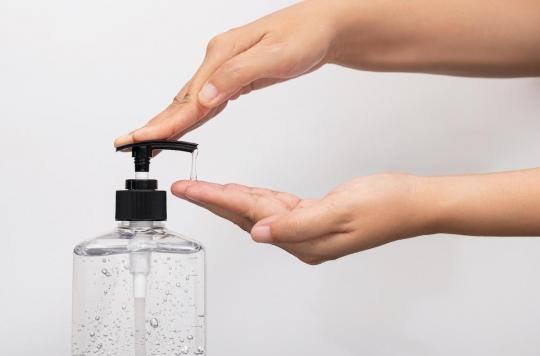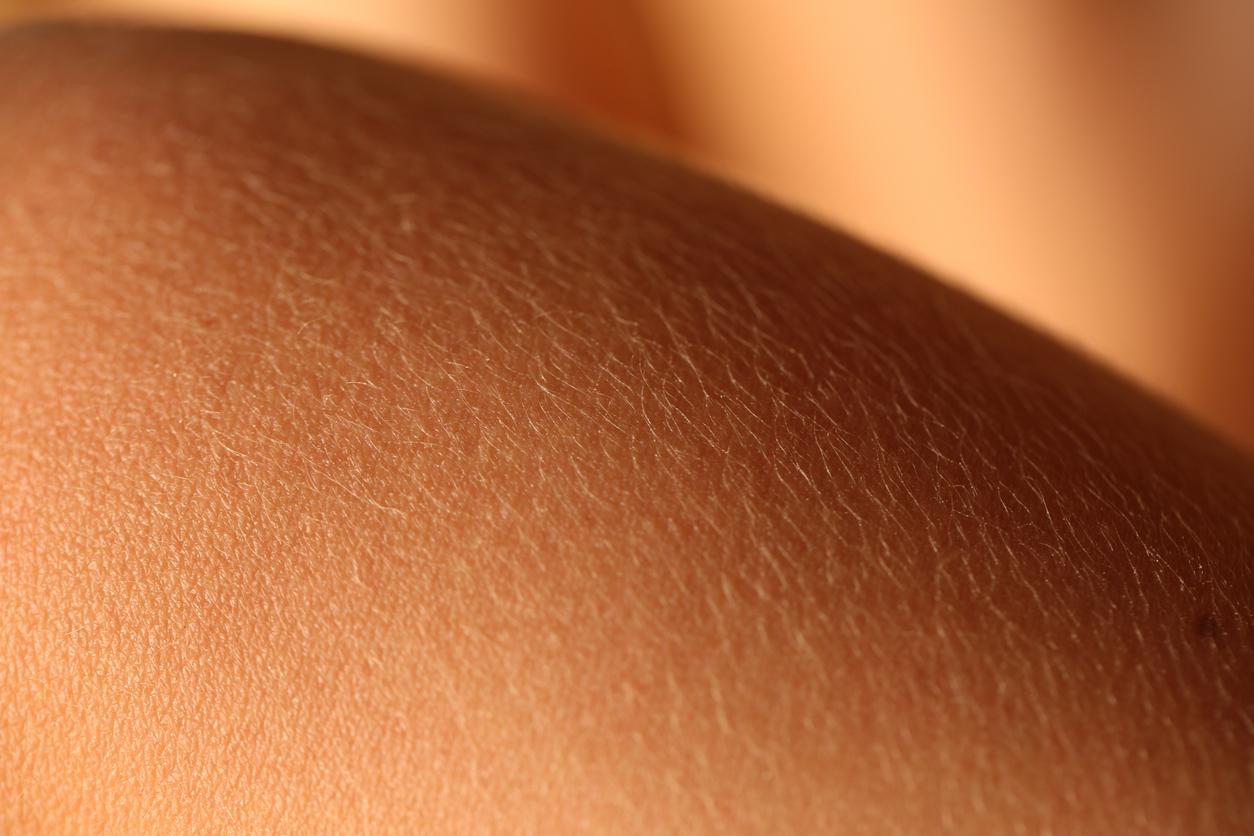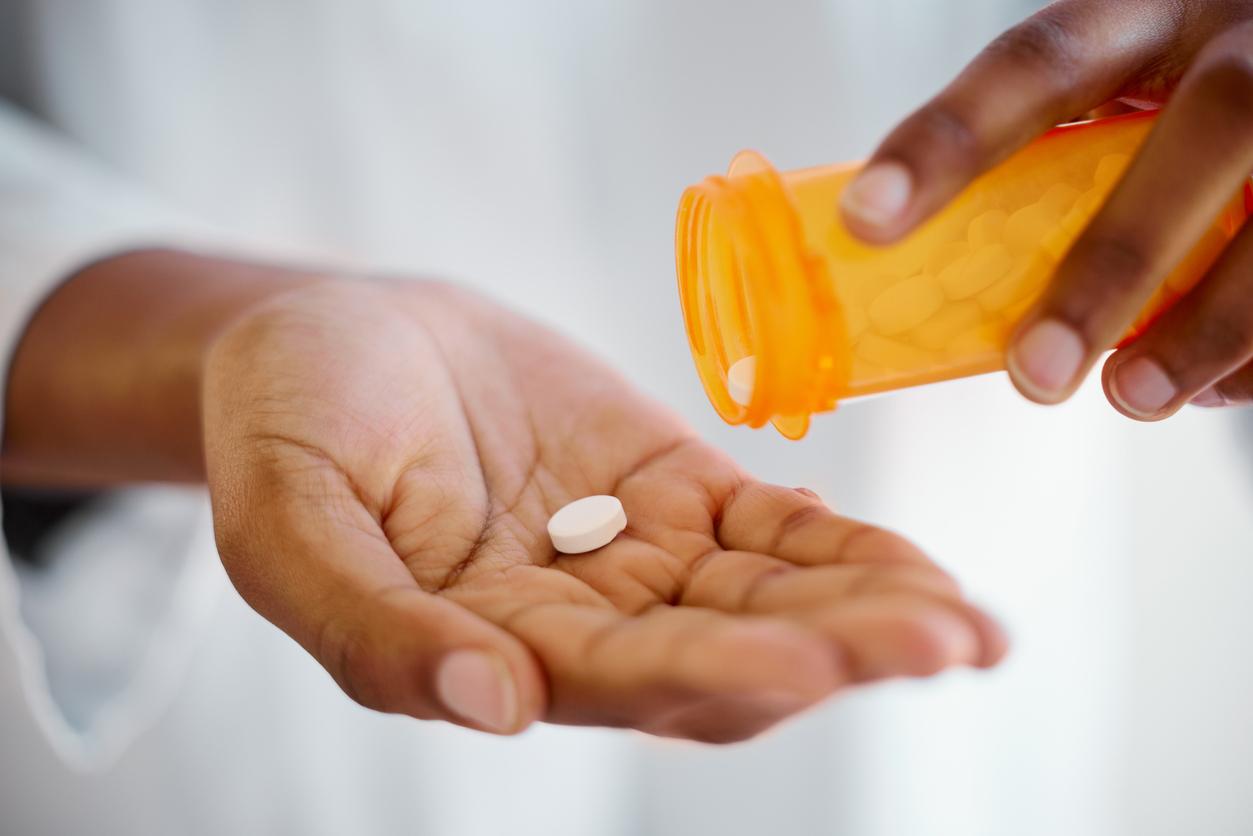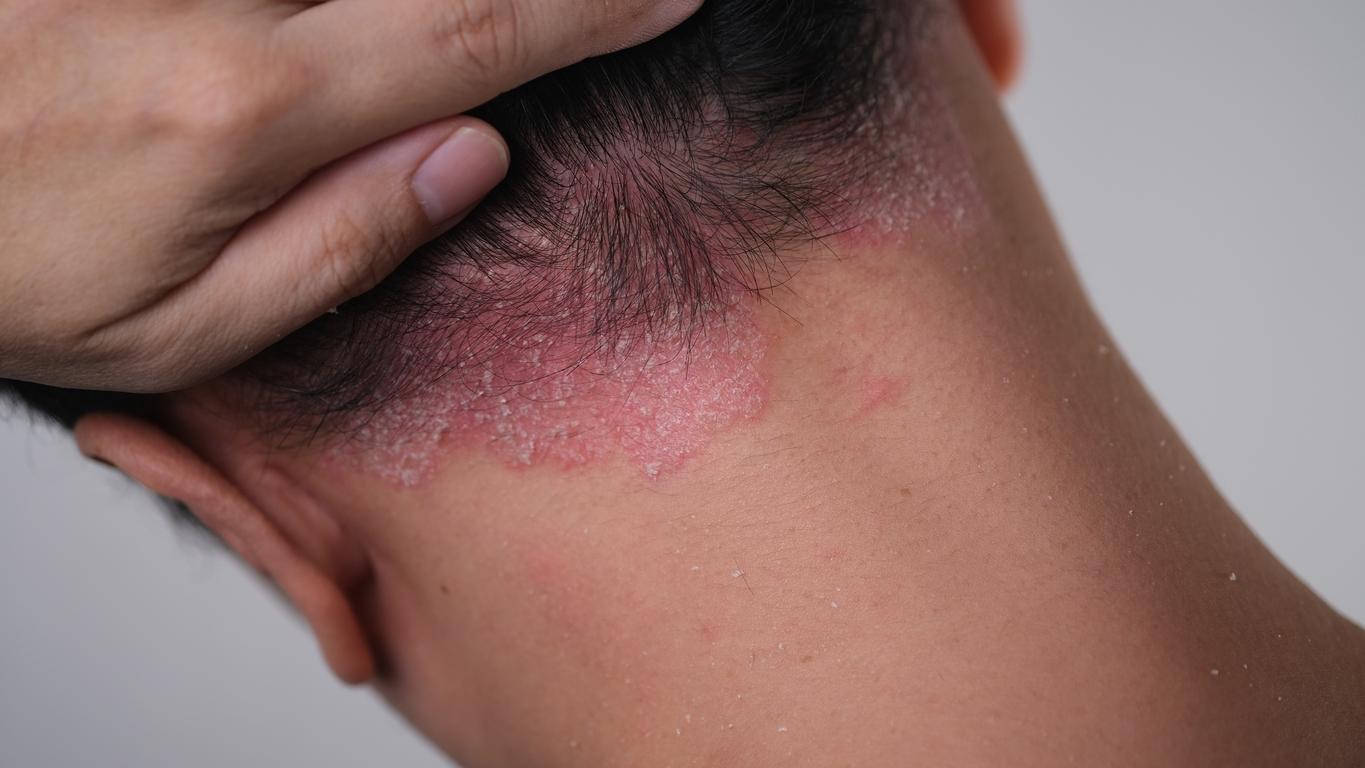The lifespan of the virus on human skin can extend up to nine hours, four times longer than the flu. On the other hand, external surfaces such as door handles or switches would only be very weak vectors of transmission of Covid-19.

- In 15 seconds, the coronavirus was suppressed thanks to a hand product containing 80% alcohol.
- When mixed with mucus from upper respiratory tract samples, the coronavirus lived for about 11 hours compared to just 1.69 hours for the flu virus.
- External surfaces are not considered a common form of Covid-19 spread.
Respecting the barrier gestures to fight against the spread of the coronavirus is essential. To support this need, a new study conducted by Japanese researchers from Kyoto University reveals that the survival time of the virus on our skin is 9 hours. That’s almost four times more than the flu. The research results were published Oct. 3 in the journal Clinical Infectious Diseases.
15 seconds to disappear by washing your hands
Washing your hands well is essential to block the virus. “The stability of severe acute respiratory syndrome coronavirus (SARS-CoV-2) on human skin remains unknown, given the risks of viral exposure in humans”, advanced the authors. From forensic autopsy samples taken 24 hours later to avoid any contamination, the researchers were able to study the survival time of the virus on the skin. “We generated a model that allows the safe reproduction of clinical studies on the application of pathogens to human skin and elucidated the stability of SARS-CoV-2 on human skin”, they added.
The results showed that by disinfecting the hands well, the virus disappears quickly. In 15 seconds, it was removed thanks to a hand product containing 80% alcohol. Without it, by mixing it with mucus from upper respiratory tract samples, the coronavirus lived for about 11 hours compared to just 1.69 hours for the flu virus. “This study shows that SARS-CoV-2 may pose a higher risk of contact transmission than the influenza virus because it is much more stable on human skin. These results support the hypothesis that good hand hygiene is important for preventing the spread of SARS-CoV-2”, noted the researchers.
Indirect transmission is very low
Indirect transmission, by interposed surface, is much weaker. This was revealed by the American Centers for Disease Prevention and Control on Monday, October 5, in a note on recommendations related to Covid-19. Infection through a contaminated surface is not “not considered a common form of spread of Covid-19”, they estimated. The surfaces concerned are in particular door handles, switches and work desks.
Besides direct contact, the main route of transmission of the virus is through aerosols. The American researchers suggest that a social distance of more than 2 meters is necessary if one wants to avoid contaminating someone with the microdroplets. “Some infections can be transmitted by exposure to the virus in small droplets and particles that can remain suspended in the air for minutes or hours. These viruses may be able to infect people who are more than six feet (about two meters) from the infected person, or after that person has left”, they concluded.

.

















